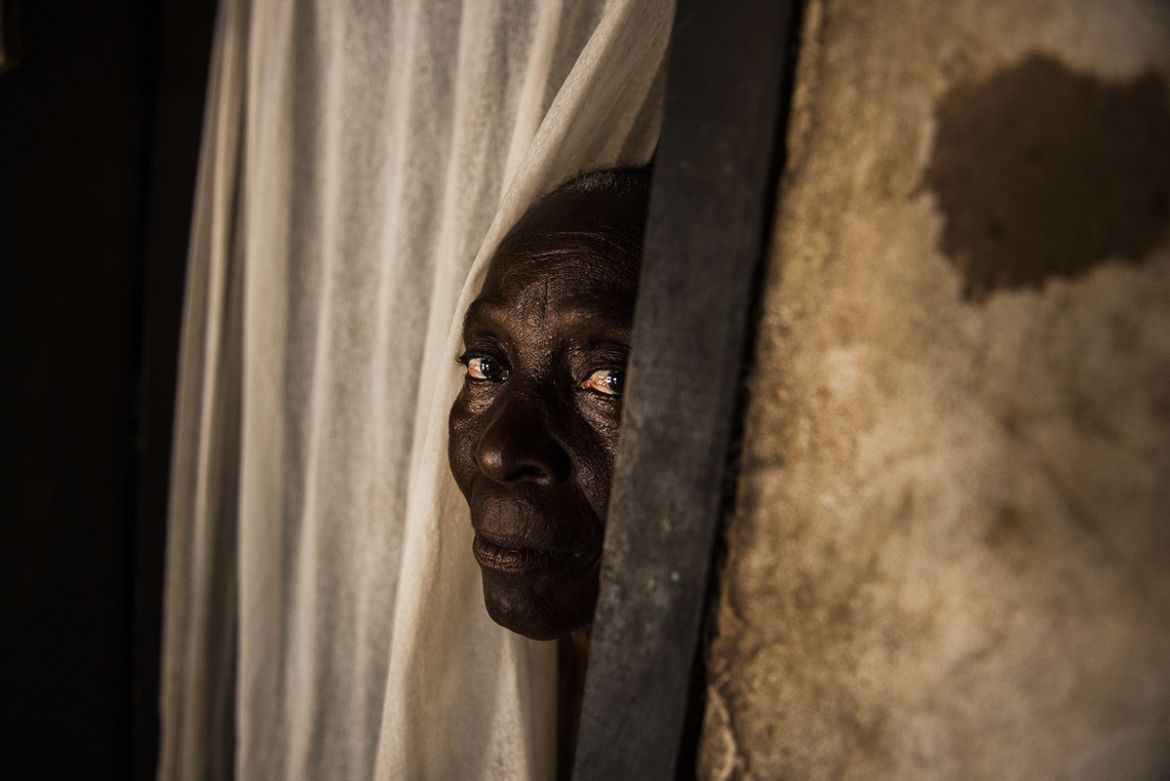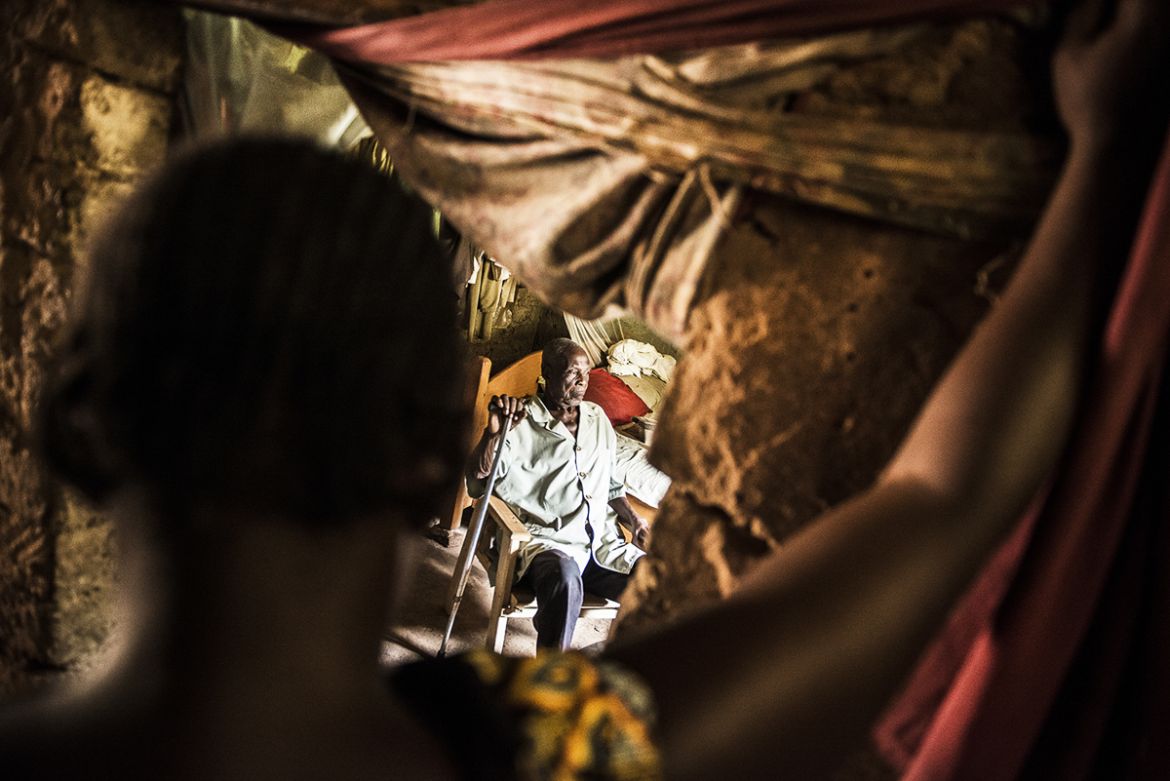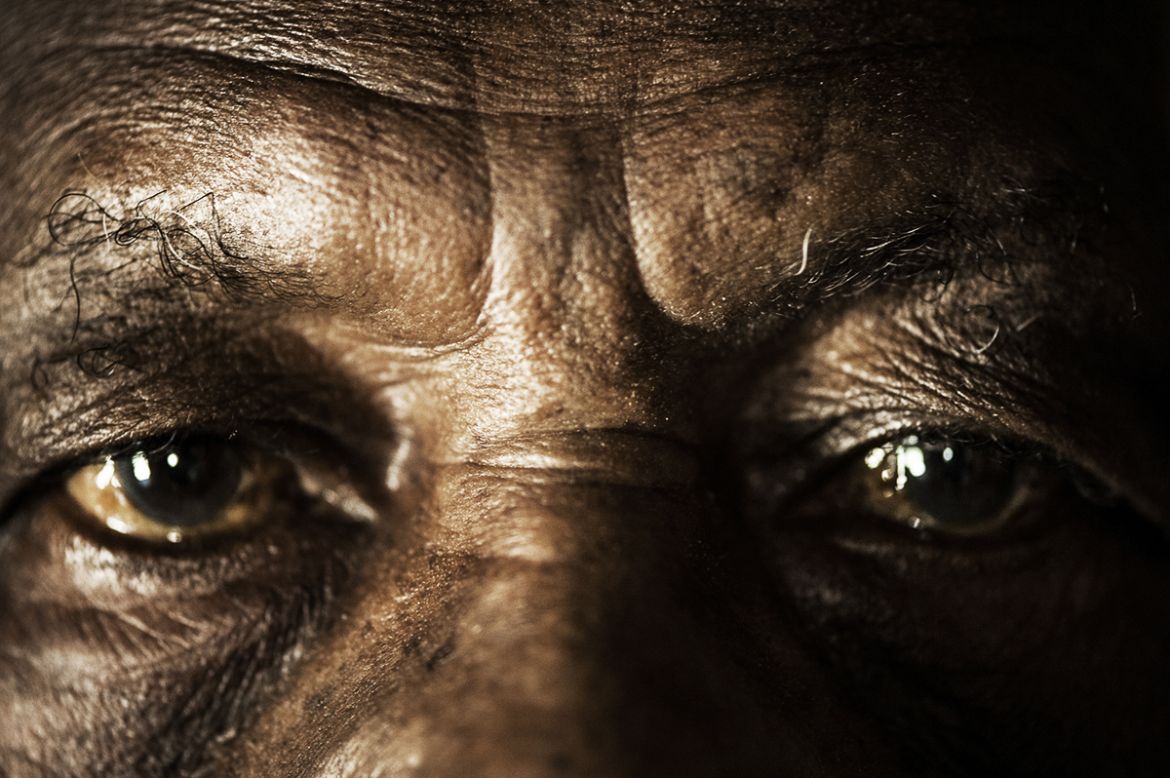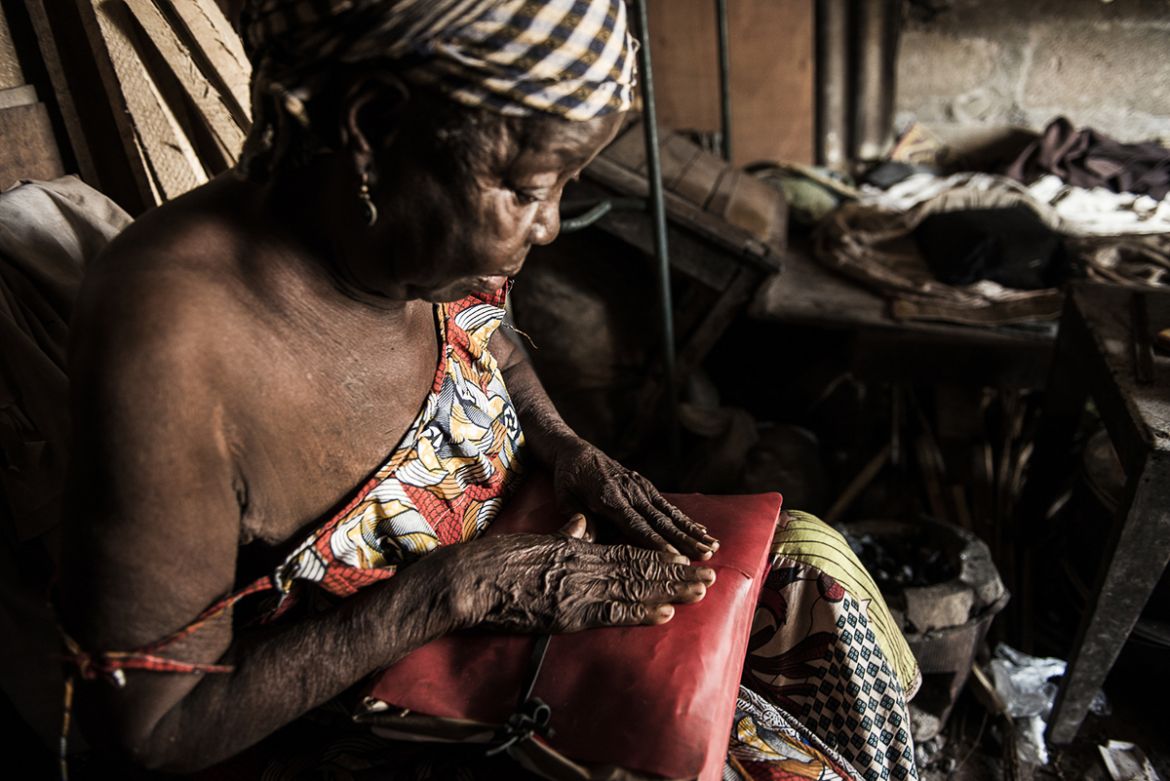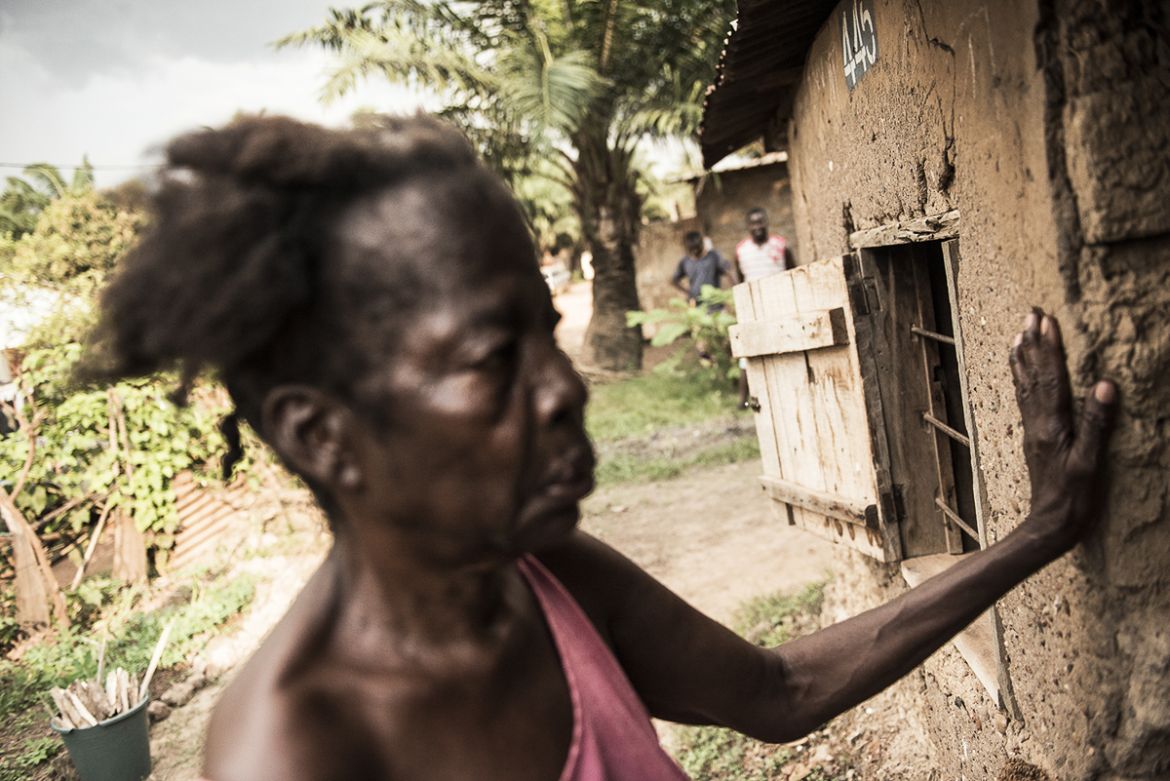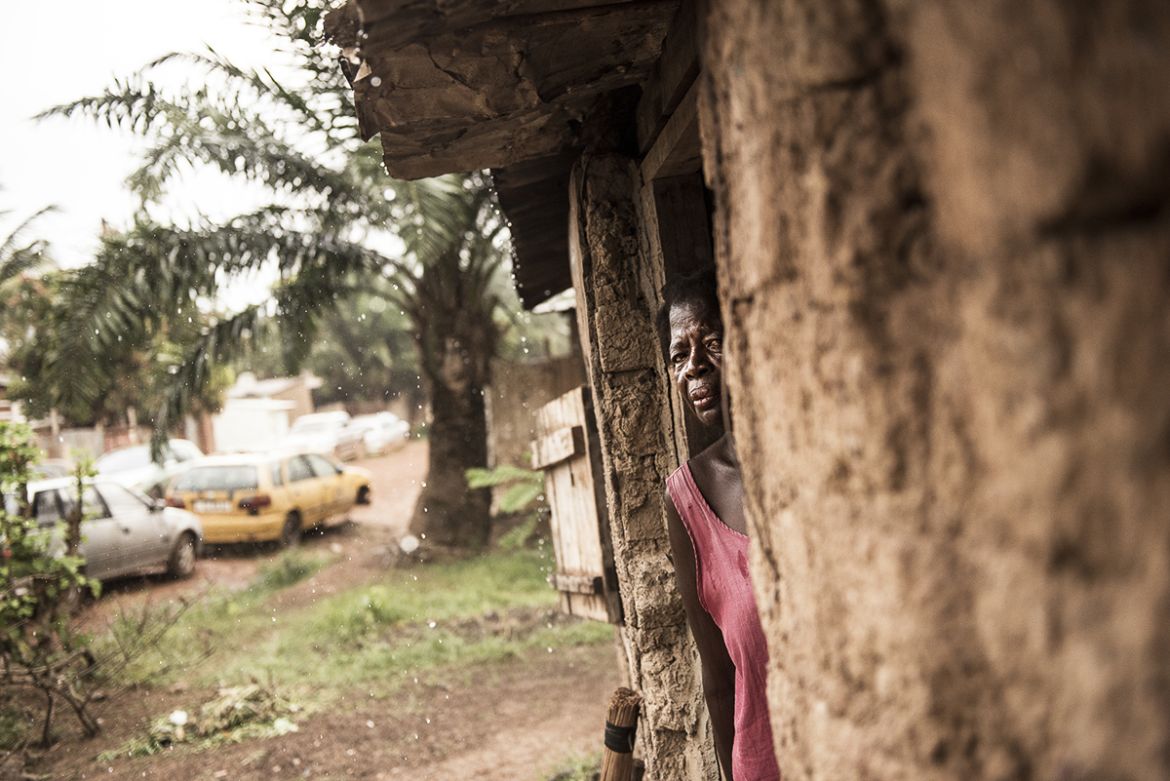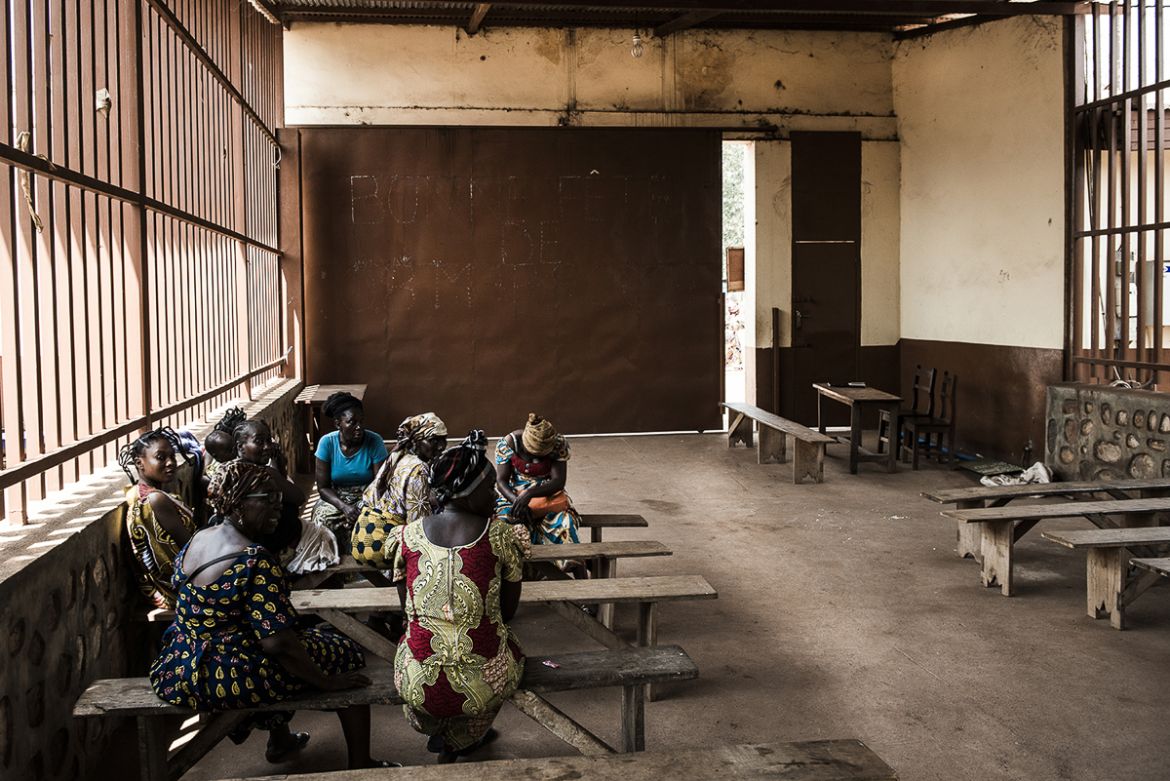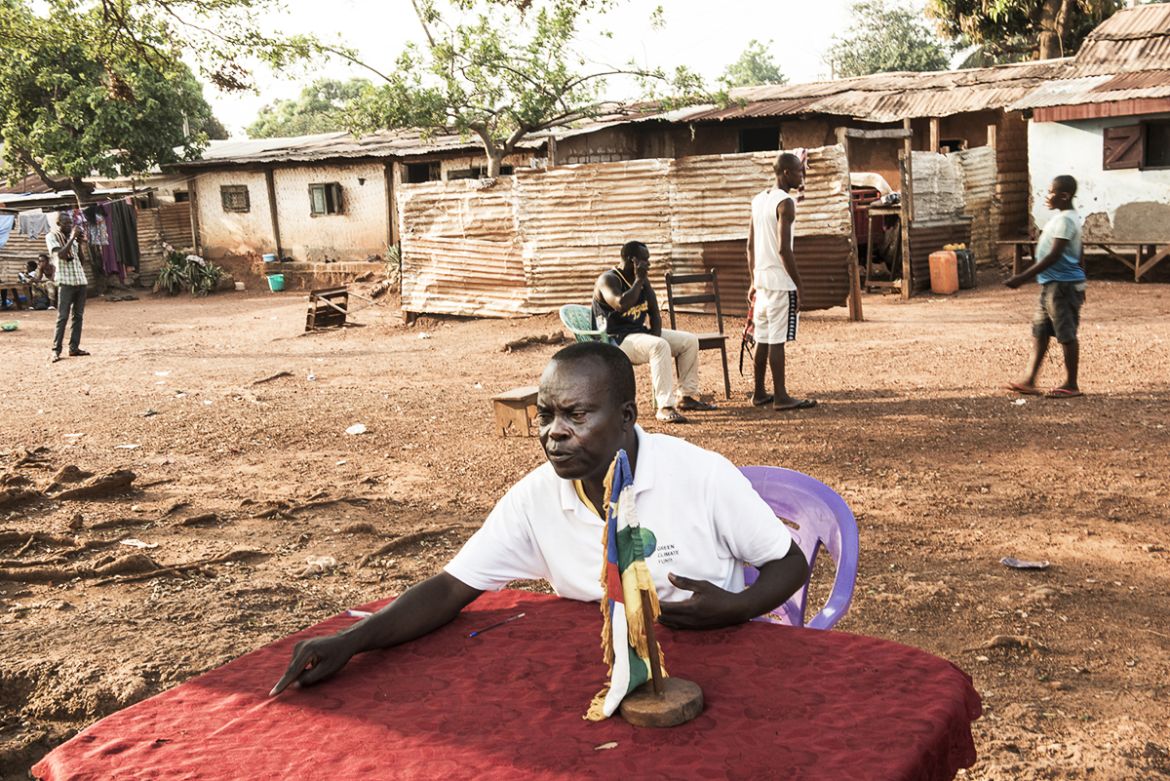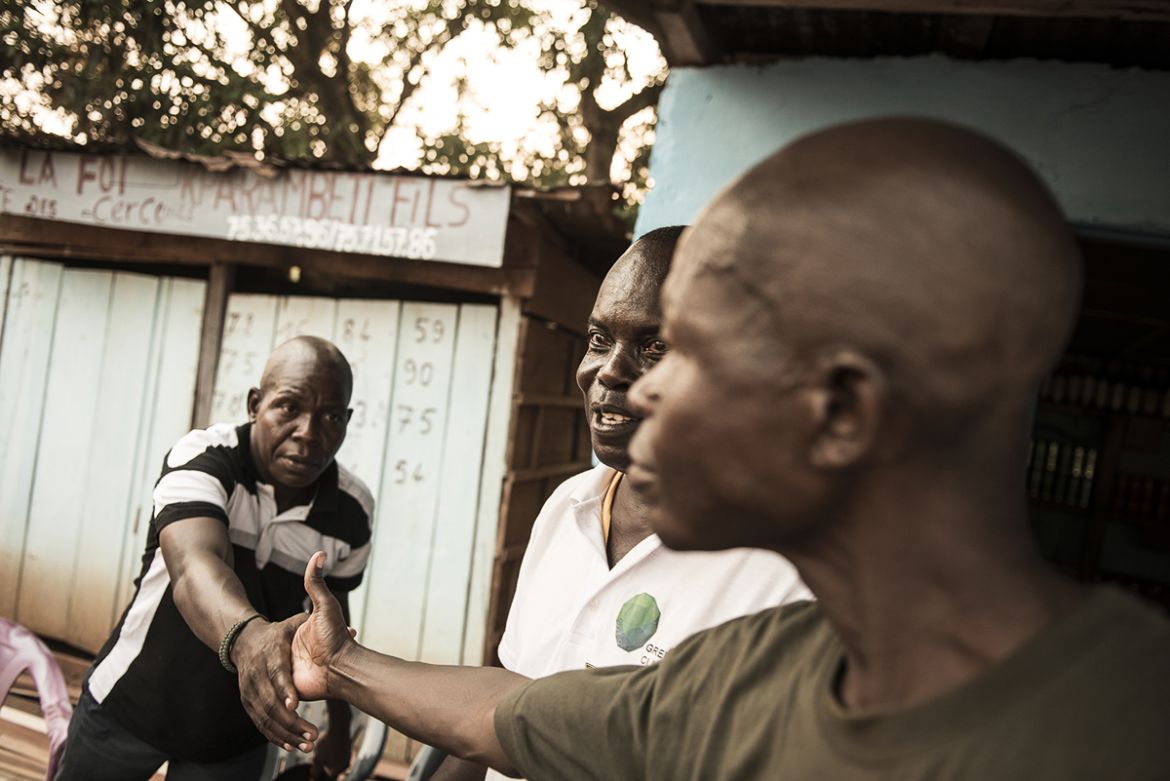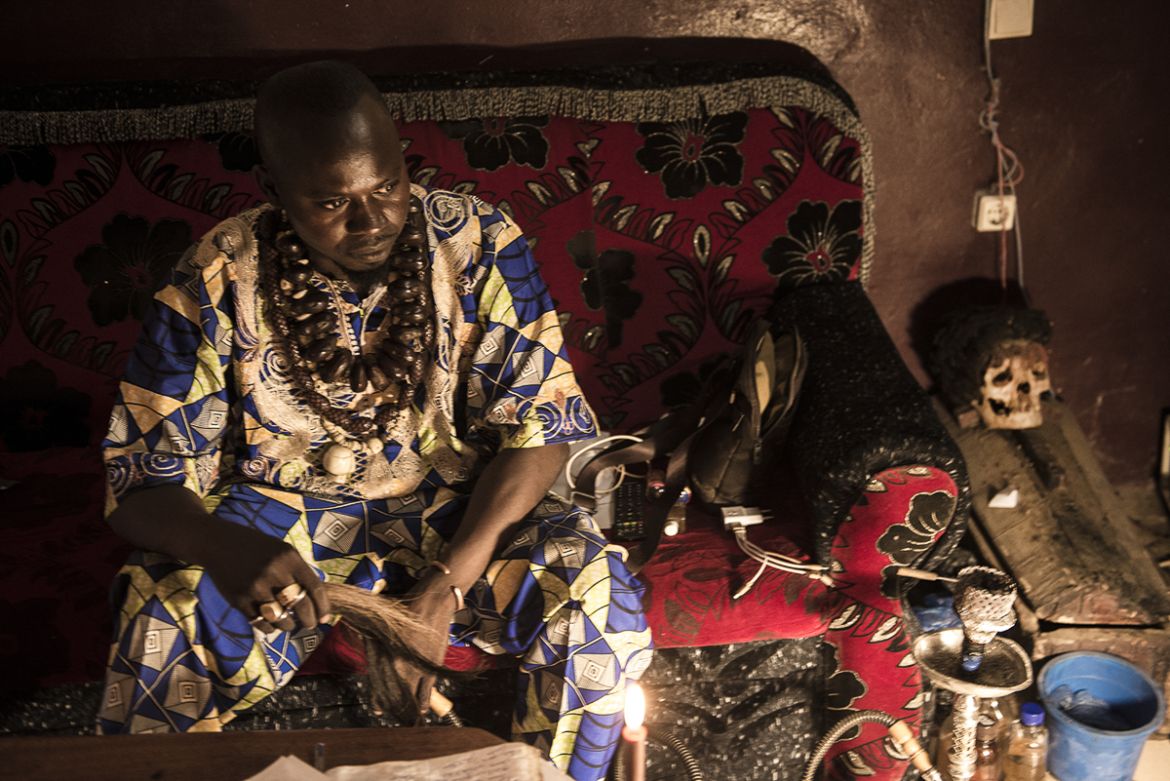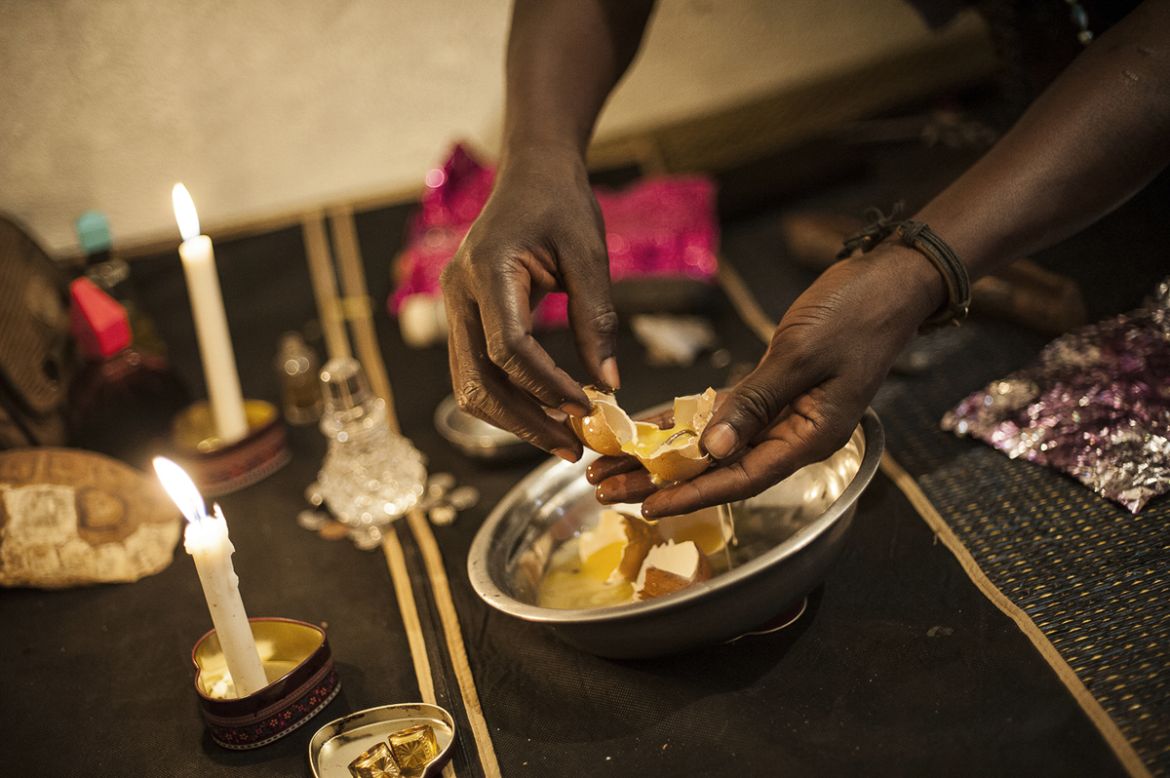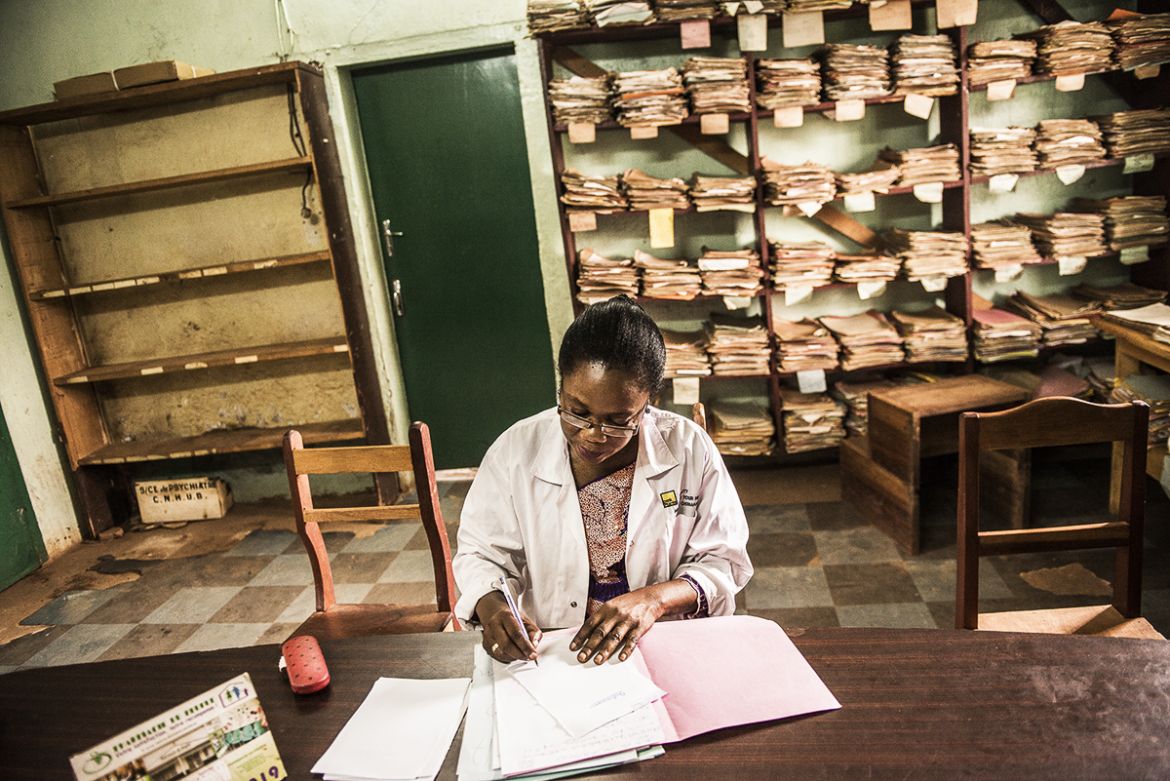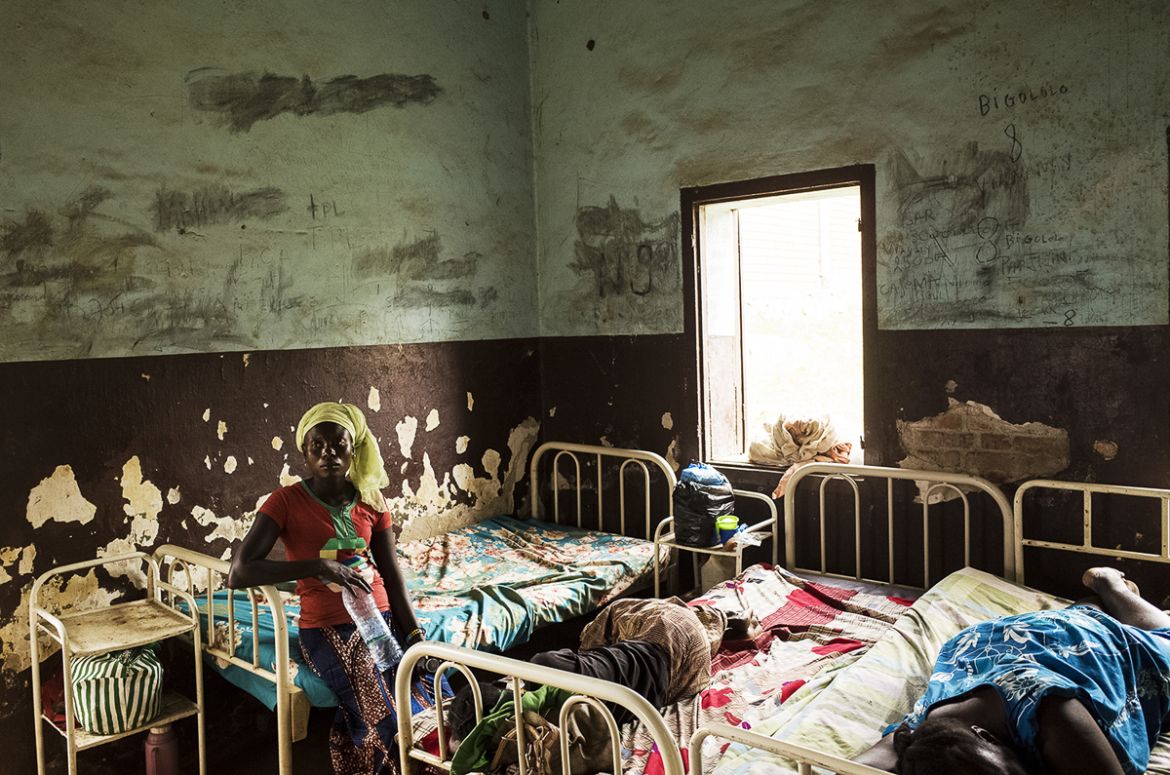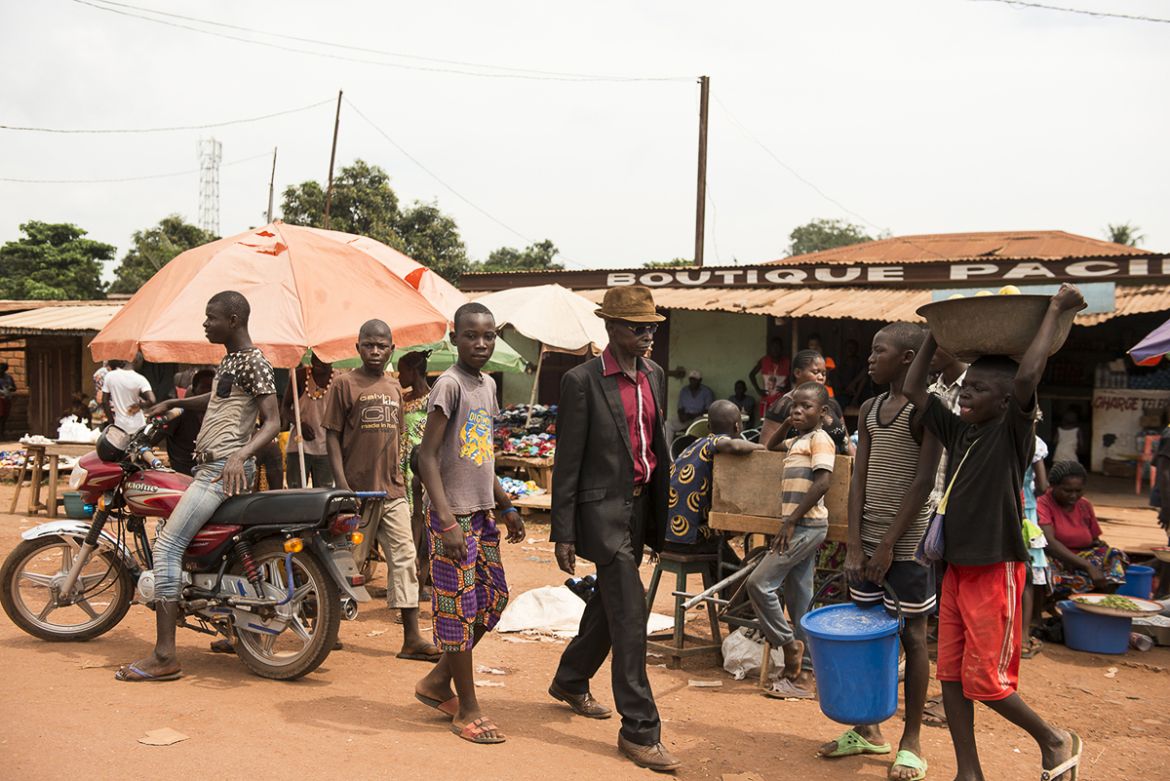In Pictures
In Pictures: The witch hunts of Bangui
Elderly people in the war-torn Central African Republic are being accused of witchcraft, with fatal consequences.
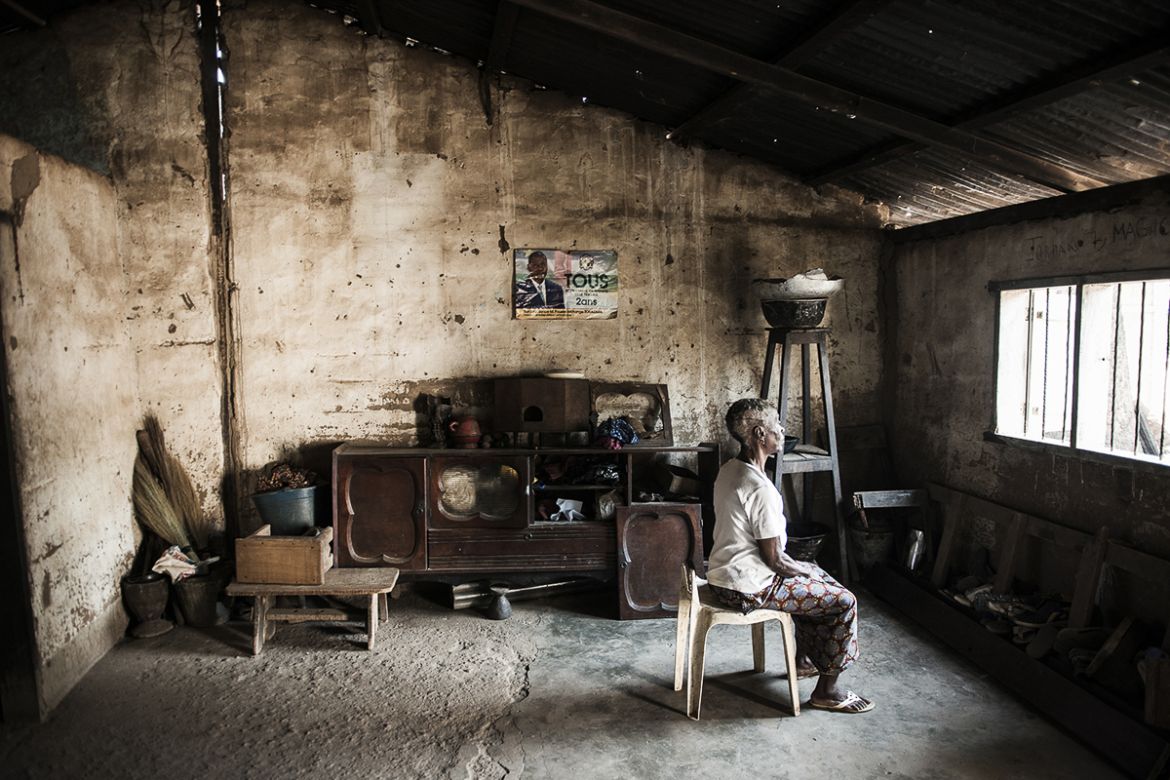
Bangui, Central African Republic – For the past eight years, the Central African Republic (CAR) has been the theatre of a brutal civil war that has left its economy in tatters, its institutions in ruins and its people traumatised.
Laurent Gomina-Pampali, a professor at the University of Bangui who has previously been the country’s minister of foreign affairs, minister of human rights and minister of justice, believes it is this disintegration of the country’s social fabric that is responsible for a growing phenomenon: witch-hunts.
Elderly people – normally women – are increasingly being accused of practicing witchcraft – and being killed for it.
Often, the accusations come from within the families of the accused.
“The accusation of witchcraft is a sentence without appeal,” explains Nadia Carine Fornel Poutou, the president of the Association des Femmes Juristes de Centrafrique, an association of female lawyers and advocates in CAR. “The Central African penal code is unable to establish what witchcraft is. Being a mystical matter, the authorities do not intervene.”
As a result, the accused have only two ways to survive such an accusation. The first is to lock themselves in their homes and hope to be forgotten about. The second is to try to be taken to prison.
In Bimbo, a women’s prison in the capital, Bangui, many of the detainees are there voluntarily; some because they are fleeing accusations of witchcraft.
But, Fornel Poutou explains, if being imprisoned helps to save them from being killed, it also exposes them to other dangers. “Someone accused of witchcraft may be a victim of violence by the prison guards and by other detainees,” she says.
Nathalie Koutou is the head of the psychiatry department at the General Hospital in Bangui and says the tens of thousands of people suffering from trauma as a result of the conflict are particularly susceptible to accusations of witchcraft. But there is little the hospital can do to help. “We’ve got just one psychiatrist for the whole country [of 4.5 million people] and the cases are increasing,” she explains.
For people like Kamer Gabriel, an elderly man accused by one of his children, there is little help available. “We are alone. They leave us alone. I have fear. I cannot even go outside of the house,” he says. “If I’m still alive it’s just because my nephews chose to live with me.”
